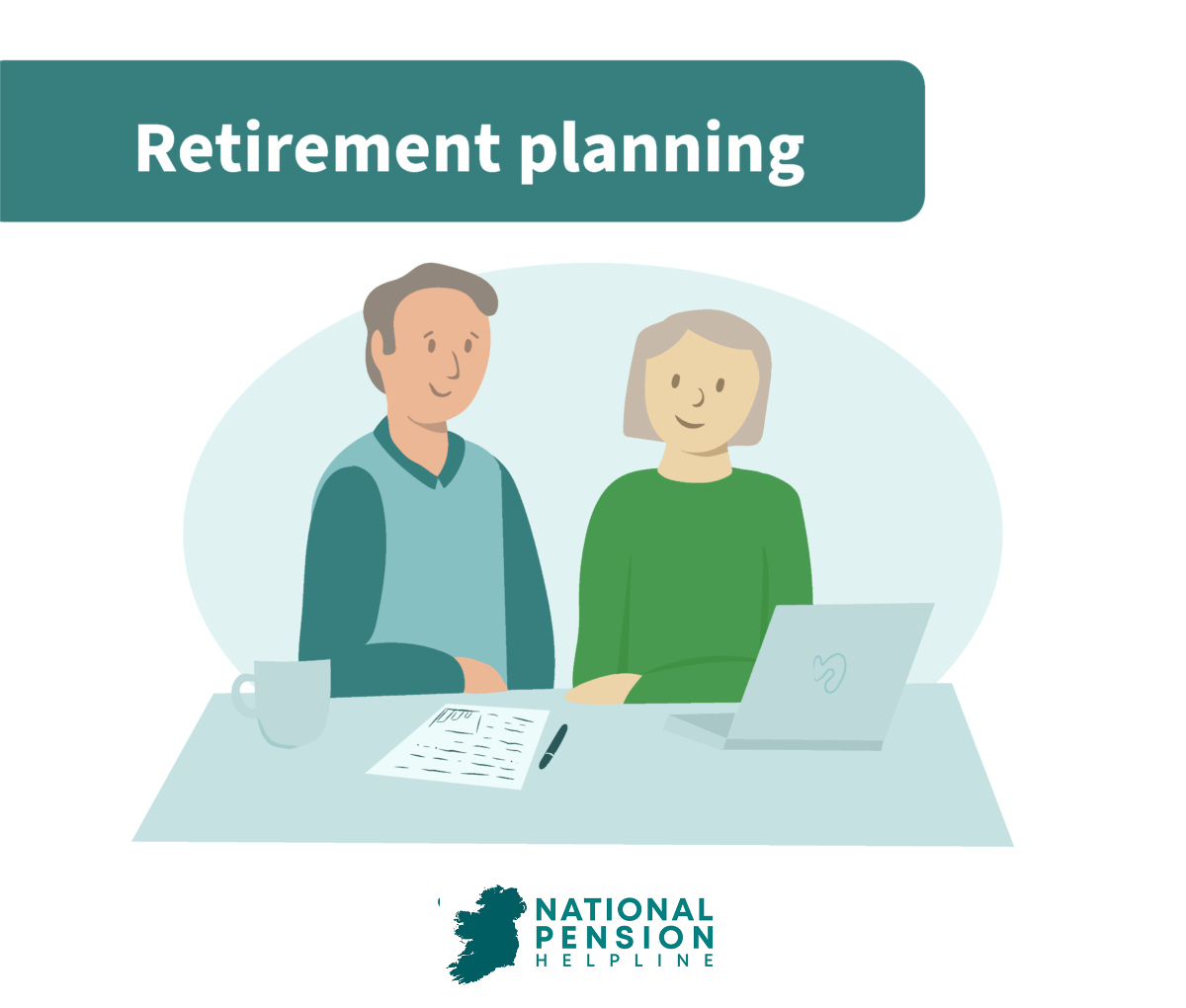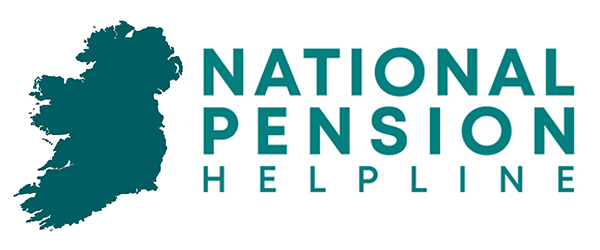The qualifying age for state pensions in Ireland is 66, and given there is no mandatory retirement age in most Irish professions, it is no surprise that most of us associate ideas of retirement with our twilight years.
Early retirement is a dream that most of think we will never achieve, but contemporary pension plans are making it more and more viable, depending on your financial situation and the amount you would require for a comfortable life when you are no longer earning a salary.
In the advent of artificial intelligence (AI) and automation, software is driving growth in tech and manufacturing industries.
Many jobs we would have considered stable and secure are now being labelled high-risk, and workers in vulnerable sectors may be tempted to safeguard their long-term financial future.
Roles like software developers, computer programmers, coders and web developers are at risk of being replaced by AI technologies that boast increased productivity and efficiency.
Of course, AI is not the only threat to the labour force, and, regardless of your role, if you feel as though early retirement would make you feel better protected and more financially prepared for the future, read on.
It is important to remember that, legally speaking, nothing is stopping you from retiring at any point – if the financial and personal circumstances are right for you, retiring early can go from being a dream to reality.
How Much Do I Need to Retire in Ireland?
There is no set figure considered adequate for retirement in Ireland, but it is generally advised that you aim to earn 40% of your current salary in order to maintain your current standard of life in retirement.
This percentage presumes you will no longer have to face monthly mortgage payments that are likely to be consuming a sizable chunk of your salary every month, that your children are finished schooling and that the majority of your life expenses have been paid.
With that in mind, early retirement may mean that you still face several years of mortgage payments that will eat into your pension funds.
The cost of living crisis and the enormous difficulties around housing in Ireland are making retirement even more difficult for people, and the state pension qualifying retirement age of 66 is likely to go up in the years to come.
As life expectancy increases alongside these developments, planning for your retirement and securing your financial future has never been more important.
Read more about how much money you need to retire in Ireland here.
How Old Do I Need to Be to Access My Pension in Ireland?
Although you can only qualify for a state pension when you turn 66, it is possible to withdraw money from certain kinds of occupational pensions when you reach the age of 50.
Occupational pensions, also known as company pensions, are pension funds set up by employers for their employees.
They can come in the form of defined contribution pension schemes, defined benefit pension schemes, executive pensions and Personal Savings Retirement Accounts (PRSAs).
Depending on your situation, it may be possible to start withdrawing cash from this type of pension fund when you are 50, and that access may make it possible for you to retire early.
This income can be supplemented by savings and, in the years to come, a state pension if you qualify for one.
You can find out more about company pensions here and feel free to contact us today for more information on whether your pension fund qualifies for a tax-free cash withdrawal when you turn 50.
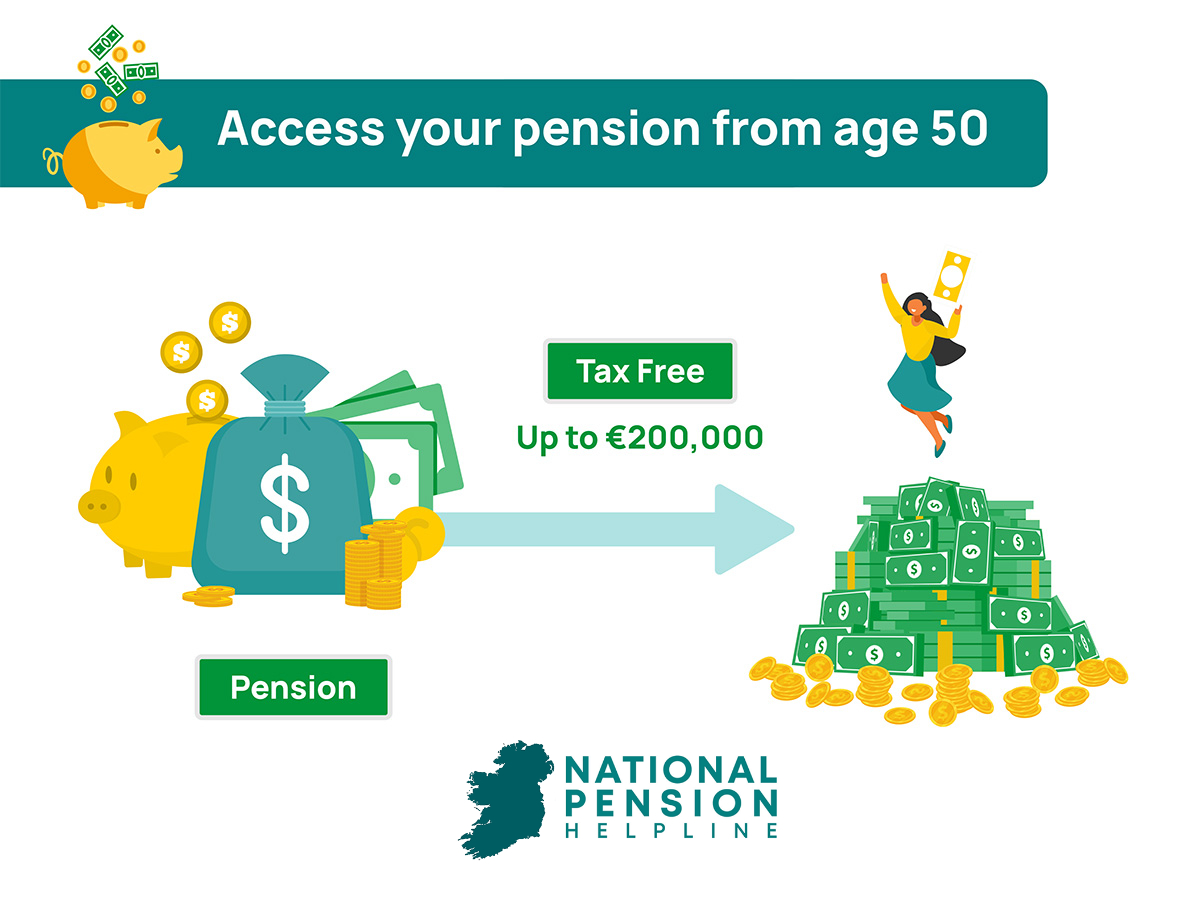
Am I Entitled to a State Pension if I Retire Early?
Qualification for a state pension in Ireland is based on the number of Pay Related Social Insurance (PRSI) contributions you make over the course of your career.
If you retire early and you have not met the required quota of PRSI contributions, you will not qualify for a state pension.
In Ireland, if you reach pension age on or after April 6 2012, you are required to have made 520 full-rate PRSI contributions – this represents ten years’ worth of contributions.
If, for example, you turn 54 years old and decide you want to retire early, you will still receive a state pension when you reach 66 provided you have already made enough PRSI contributions throughout your years of labour.
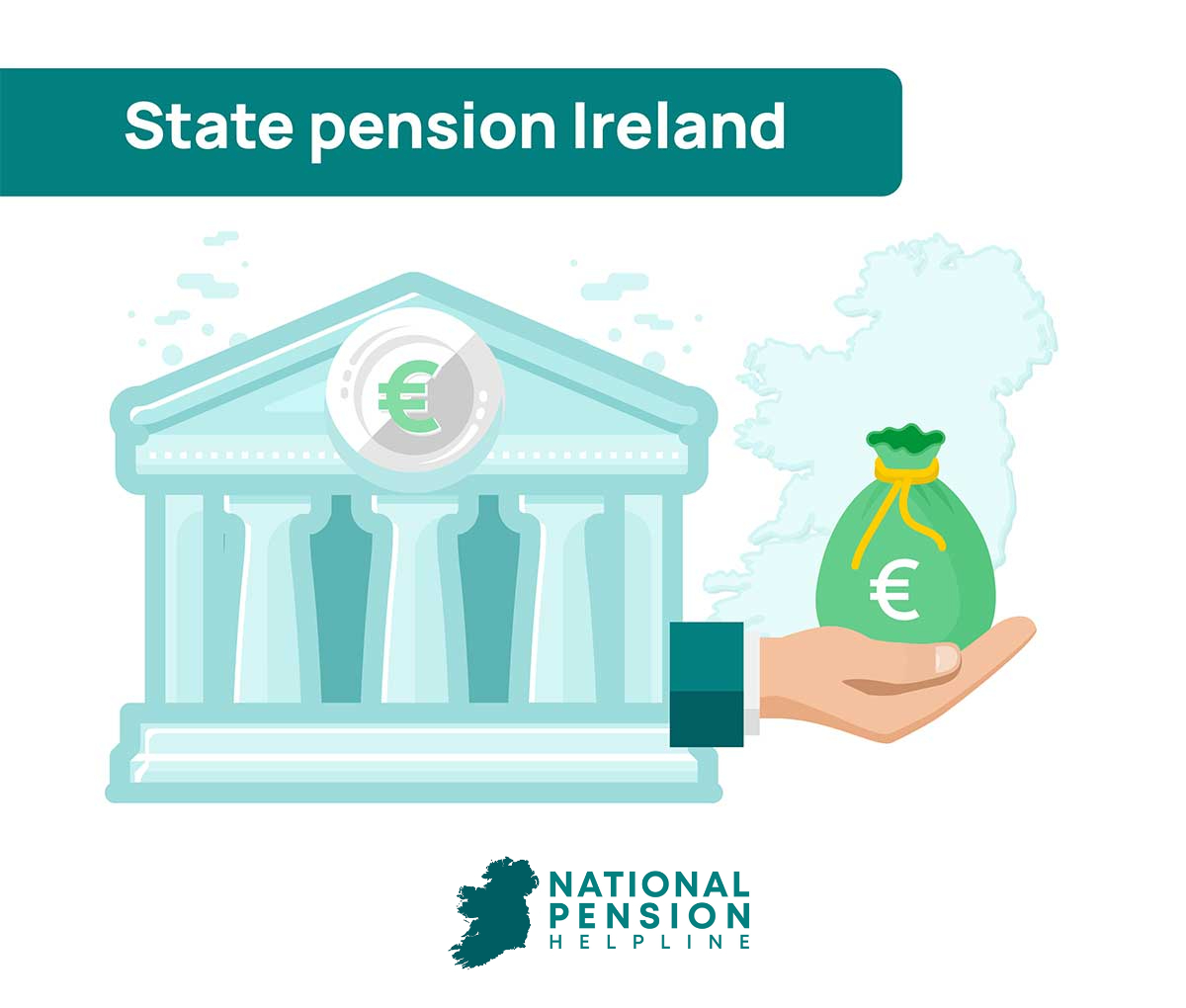
Is the State Pension Enough to Live Off?
The state pension currently stands at €277.30 per week, and its function is to cover the costs of a basic standard of living.
Whether that amount of money is enough for you in retirement depends wholly on your own personal circumstances, but the majority of people in Ireland will require more than this weekly sum to maintain the standard of life they have built for themselves.
In accordance with plans for earning 40% of your salary in retirement, the state pension alone falls well short based on the average salary of an Irish worker.
To that end, you are likely to need savings or some other form of income to supplement your state pension.
Read more on the state pension as a source of retirement income here.
Pension Investment Options
Contemporary retirement plans are often diversified as workers look to secure a multitude of revenue streams to support them when they finish their careers.
If you are looking into early retirement, you may want to consider some of the following pension investment avenues:
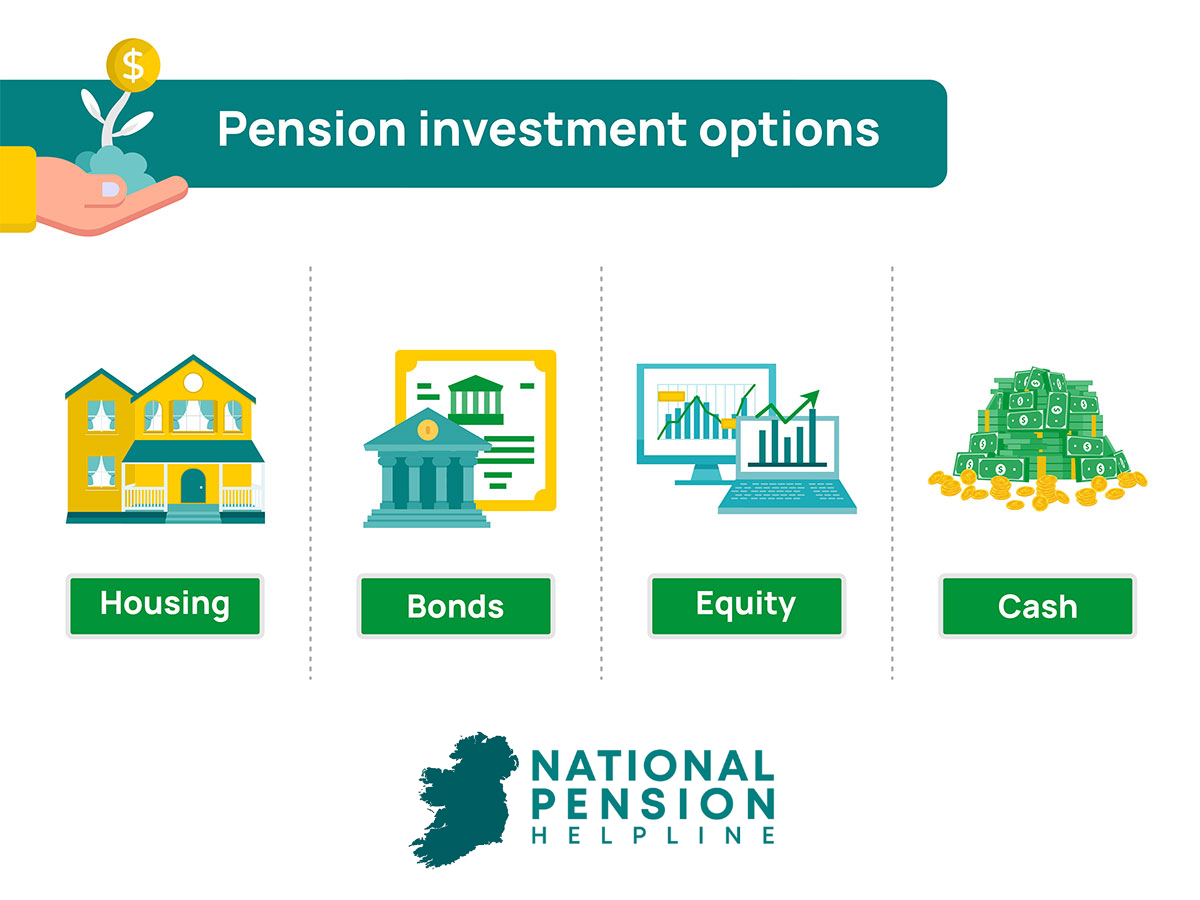
Things to Consider Before Early Retirement
Retirement is different for everyone and it is important to recognise the specifics of your own situation before you jump into the decision to stop working.
You may still have several years of mortgage payments left to contend with, and the reduced income could make that impracticable.
If you are a parent and, perhaps as a result of the cost of living crisis, your child still depends on you for financial security and housing into their adulthood, you may require a full salary to continue providing for them.
The parameters of your own individual pension plan may also come into the equation – consider talking to your employer about the possibility of accessing your funds early and the impact that would have on your retirement fund long-term.
Overall, early retirement is an achievable goal but it needs to be thoughtfully planned.
Can I Go Back to Work After I Retire?
Many people over the age of 66 in Ireland continue to work, either in a self-employed capacity or by seeking employment in a new environment.
If you decide to go back to work after taking early retirement, your pension may be impacted – pensions can be abated, meaning they are reduced, if you produce another source of income through labour.
Usually, once you pass the age of retirement in Ireland, you are no longer able to make contributions to your occupational pension scheme.
Learn more about early retirement
Its a dream for many to retire early and enjoy the golden years. Find out how to make a dream a reality with The National Pension Helpline.
Take our FREE online assessment and speak with one of our Qualified Financial Advisors today!
